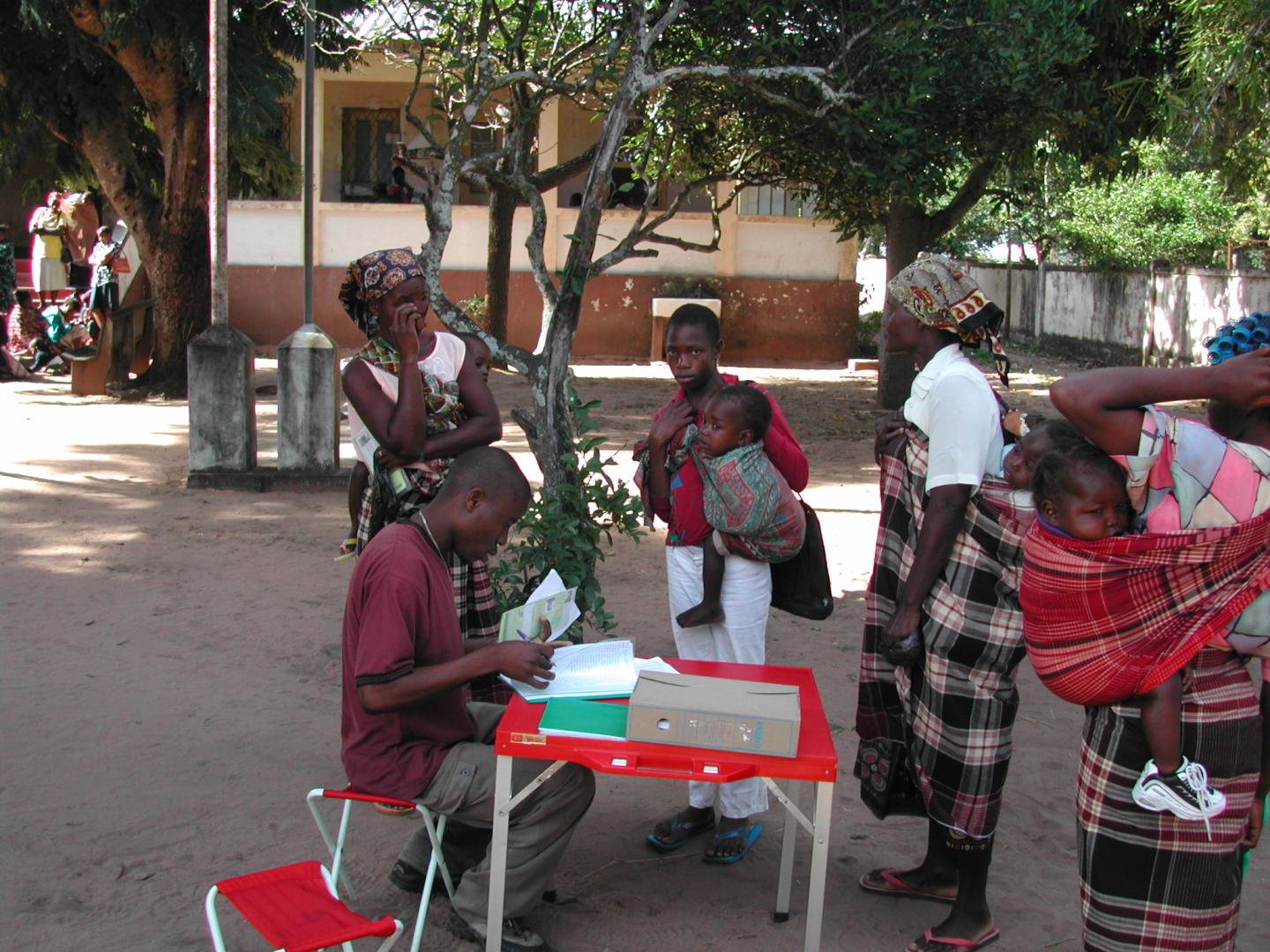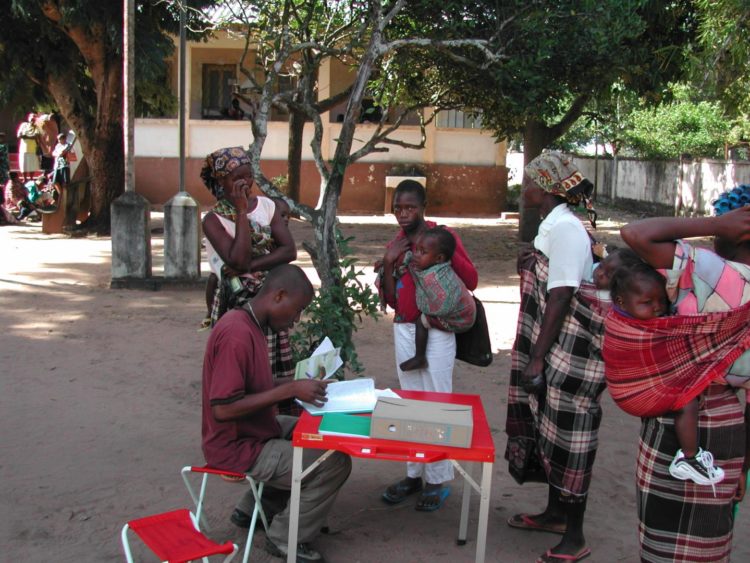A study performed with children from Mozambique and Tanzania indicates that anaemia could reduce vaccine efficacy

Credit: ISGlobal
Age and geographical location have the strongest influence on immune composition and vaccine responses, with anaemia having a considerable effect, according to a study co-led by the Barcelona Institute for Global Health (ISGlobal), an institution supported by “la Caixa”, the Babraham Institute and the Swiss Tropical and Public Health Institute, in collaboration with the Manhiça Health Research Center (CISM). The results, published in Science Translational Medicine, will help improve the efficacy of early childhood vaccines in low-income countries.
The first years of life are key for the development of the immune system. During this period, the ability to respond to vaccines is reduced, and the susceptibility to infectious diseases is increased. This is particularly relevant in low-income countries, where malnutrition and other environmental factors may also play a role.
In this study, an international team co-led by ISGlobal researcher Carlota Dobaño, sought to identify the factors that shape the immune system during the first years of life. To do so, they analysed blood samples from children in Mozambique and Tanzania that participated in the phase 3 clinical trial for the RTS,S malaria vaccine. Specifically, they studied the immune phenotype – i.e. the percentage of different cell types that make up the immune system – over a 32-month period.
The immune profile depends on age and location
The results show that the immune system composition changes considerably during early childhood, with a progressive increase in dendritic cells and memory T and B cells – key elements for a strong immune response. These changes are observed over short periods of time (21 months), in contrast with the long-term stability observed in the adult. Comparison with a cohort of Dutch children suggests that this “maturation” of the immune system occurs faster in sub-Saharan Africa. “This could be due to a higher exposure to certain pathogens from early life,” explains Gemma Moncunill, ISGlobal researcher and study co-author.
Anaemia can reduce vaccine responses
The authors also observed immune profile differences between both African countries: the Mozambican cohort had a more activated profile than the Tanzanian cohort, which was associated with a better response to the RTS,S vaccine. A detailed analysis of the samples indicated that this difference could be due to low haemoglobin levels.
Experiments performed by the Babraham Institute confirmed that iron deficiency reduces the development of antibody-secreting cells in vitro. “Our results suggest that iron deficiency can impair the development of adaptive immunity in anaemic children,” says Dobaño.
“These findings indicate that the optimal age to vaccinate infants and children may vary according to the vaccine and the location,” she adds. “This will help us design more effective vaccination strategies and maximise the benefits for this particularly vulnerable population in low income countries.”
###
Media Contact
Adelaida Sarukhan
[email protected]
34-932-271-816
Related Journal Article
http://dx.





